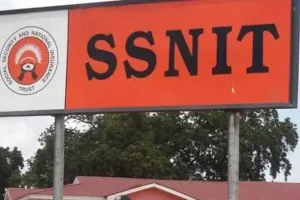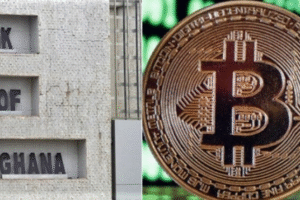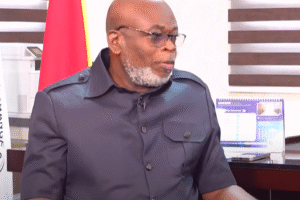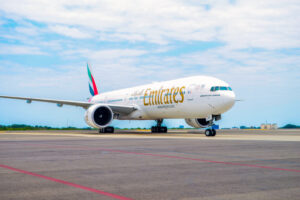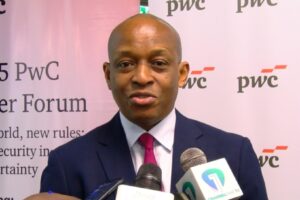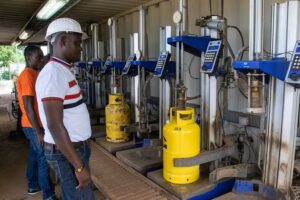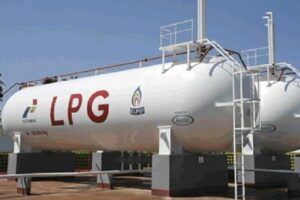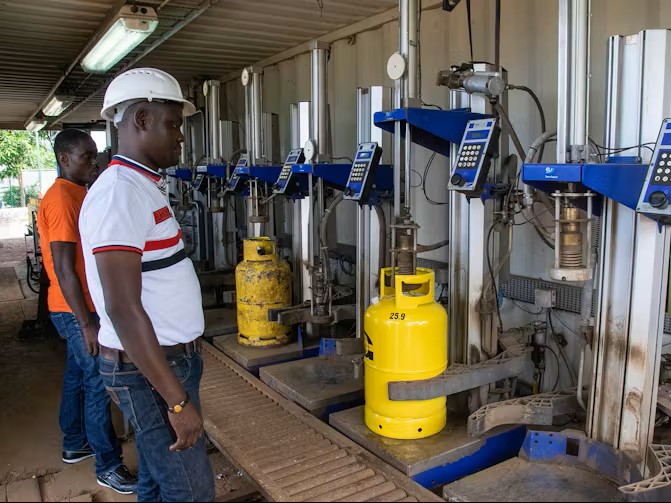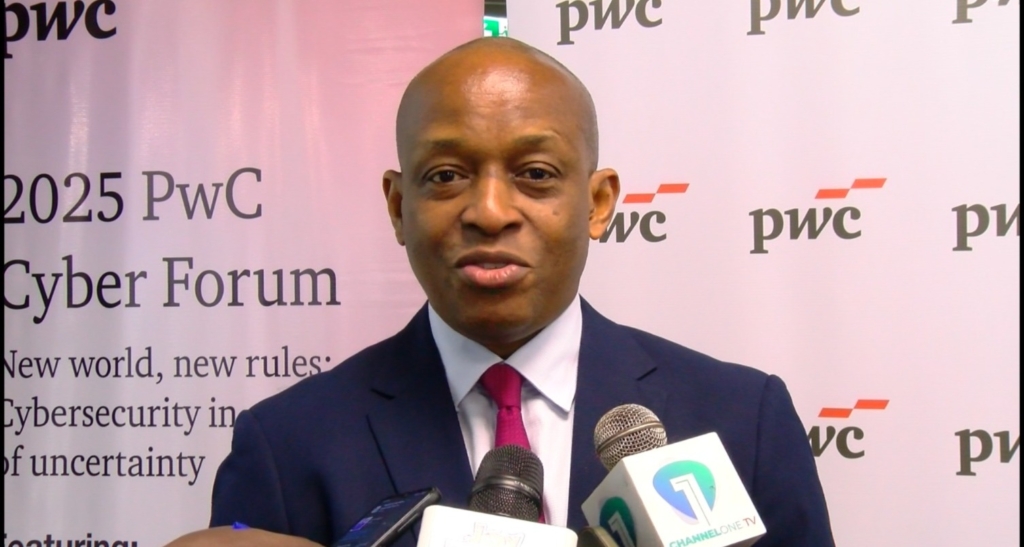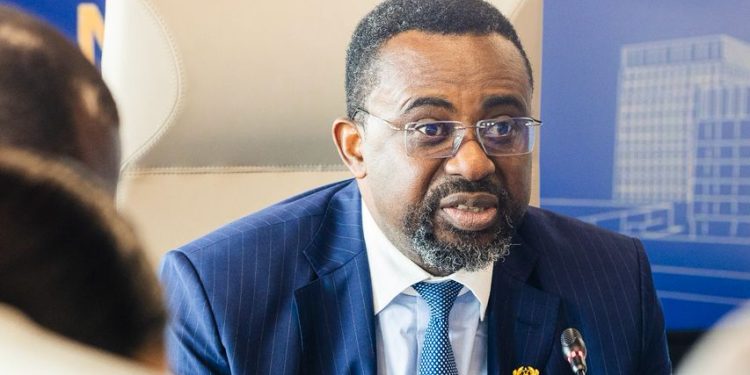The Ghana Chamber of Oil Marketing Companies (COMAC) has called for a unified regional approach to Liquefied Petroleum Gas (LPG) supply and pricing across West Africa, urging governments to ensure that all countries benefit from emerging infrastructure projects — especially Nigeria’s Dangote Refinery.
Speaking at the OTL Africa Downstream Energy Week in Lagos, COMAC Chairman Gabriel Kumi said that the success of the Dangote Refinery in lowering domestic LPG prices highlights the immense potential of regional energy cooperation and local production capacity.
“Dangote is Nigerian, yes, but he’s also West African,” Mr. Kumi said. “We all deserve to benefit from investments that promote cleaner, affordable energy across the sub-region.”
Dangote’s Impact on Regional Energy Markets
According to Mr. Kumi, increased LPG output from the Dangote Refinery has already reduced prices in Nigeria from $1 to 80 cents per kilogram, meeting nearly 30% of local demand. He noted that if supply were extended across borders, countries like Ghana, Côte d’Ivoire, and Togo could experience similar price reductions — helping to make cleaner cooking fuel more accessible to low-income households.
Kumi emphasized that affordability, not availability, remains the biggest barrier to LPG adoption in Africa.
“Availability does not guarantee consumption,” he said. “You can build as many LPG plants as you want, but if people can’t afford it, they won’t switch.”
Ghana’s Experience: Infrastructure Without Affordability
Ghana has made significant strides in expanding its LPG infrastructure, with nearly 1,000 cylinder refilling plants operating nationwide under the Cylinder Recirculation Model. However, Kumi warned that infrastructure alone cannot deliver clean energy transitions without deliberate pricing policies that make LPG affordable for the poor.
He explained that while Ghana’s policy framework supports safety and accessibility, the high tax burden on LPG continues to keep prices out of reach for many rural households — driving them back to charcoal and firewood.
“Affordability must be central to our clean energy agenda,” Kumi said. “Otherwise, we’ll keep losing forests while talking about sustainability.”
Regional Lessons and Pathways Forward
Kumi cited Lacroix du Bois as a leading West African example, where targeted subsidies for smaller LPG cylinders have driven rapid adoption and improved clean cooking access among low-income communities.
He urged governments and private investors across the region to explore regional pricing frameworks, consumer financing options, and cross-border LPG supply mechanisms.
“LPG is not just a cooking fuel; it’s a bridge to renewables and sustainable livelihoods,” Kumi said. “If West Africa works together, we can scale access, protect our forests, and accelerate our transition to cleaner energy.”
A Call for Practical Energy Transition
Currently, over 900 million Africans lack access to clean cooking fuels — a statistic Kumi described as “a stark reminder that Africa’s energy transition must be rooted in practical affordability and regional cooperation, not just policy talk.”
He concluded by calling for a West African LPG Integration Strategy, coordinated by ECOWAS, to harmonize tariffs, optimize refinery supply chains, and promote a unified market that prioritizes clean, affordable energy for all.
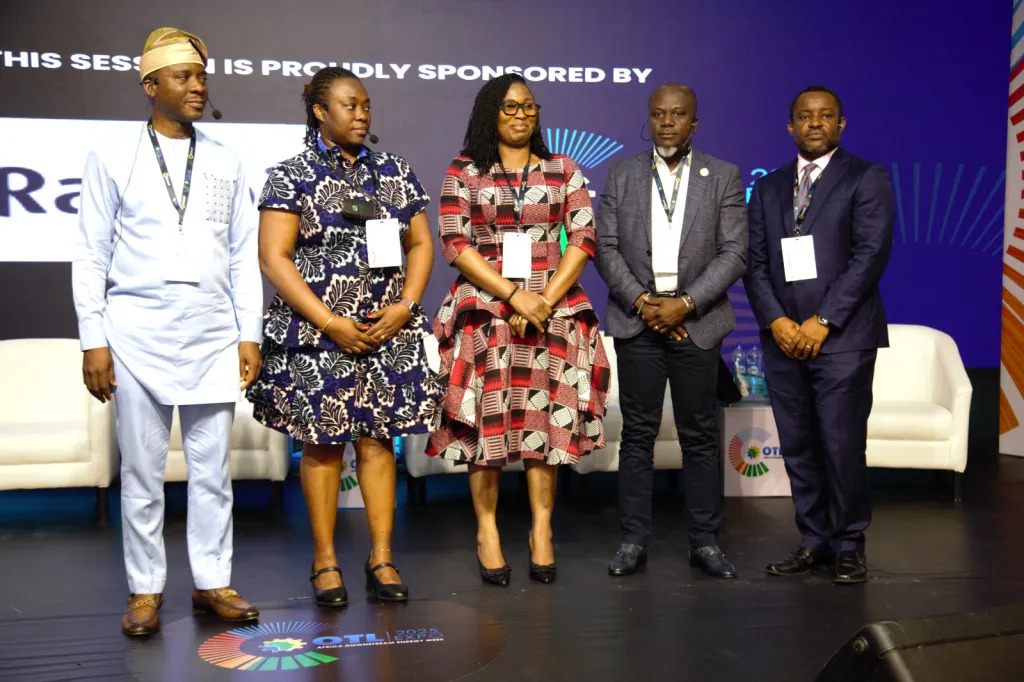
Source: Accra Business News
Disclaimer: Some content on Accra Business News may be aggregated, summarized, or edited from third-party sources for informational purposes. Images and media are used under fair use or royalty-free licenses. Accra Business News, an extension of Accra Street Journal is a subsidiary of SamBoad Publishing Ltd under SamBoad Holdings Ltd, registered in Ghana since 2014.
For concerns or inquiries, please visit our Privacy Policy or Contact Page.
📢 GET FREE JOBS + TIPS
Others are getting instant job updates and career tips on our WhatsApp Channel. Why miss out?
📲 Join SamBoad Jobs Channel Now

